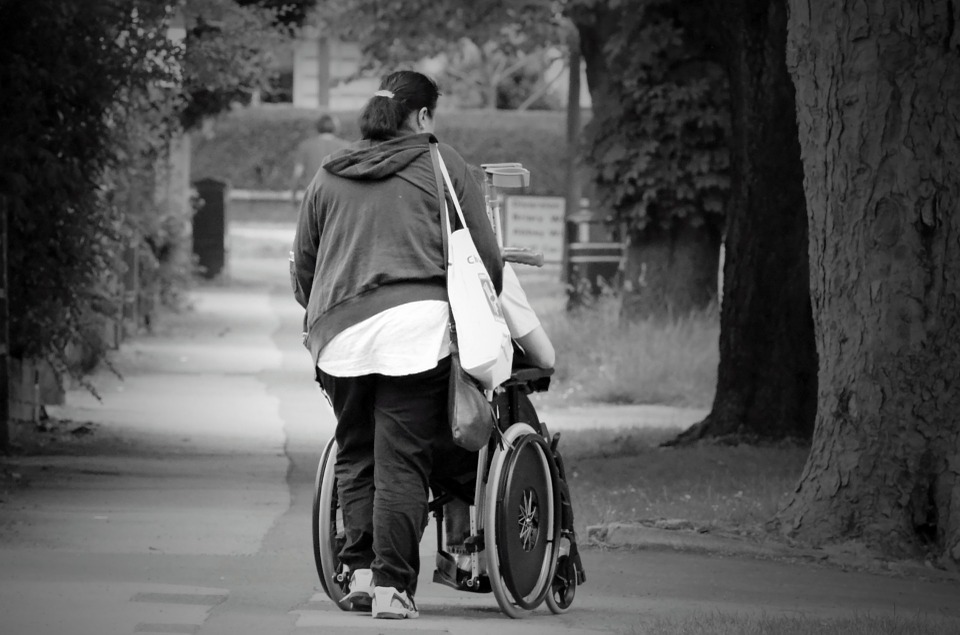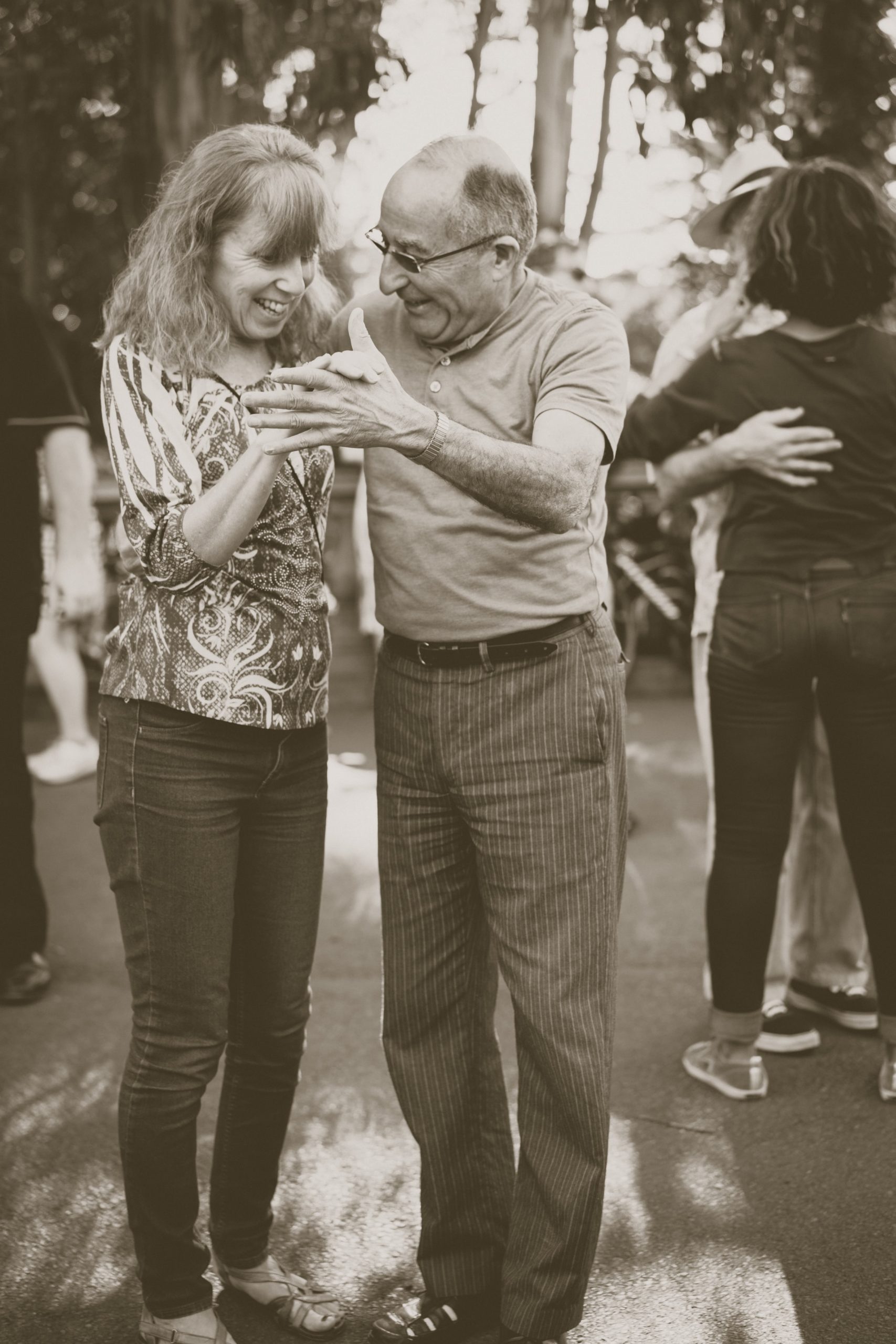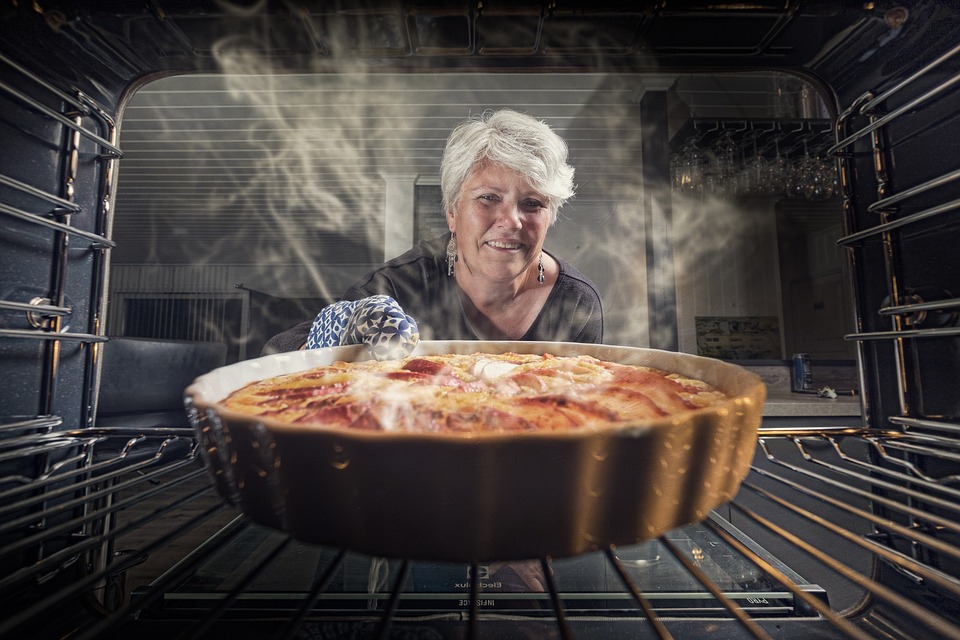2 Most Common FAQs About Elderly Care
Summary
– What is elder abuse?
– Elder Abuse in Institutions
– Types of Elder Abuse
– How to detect abuse?
– How to fight elder abuse?
Open your eyes to elder abuse.
Elder abuse is insidious and can occur in any institution: public retirement home, private retirement home, medicalized retirement home. It is therefore essential to remain very vigilant.
How to define elder abuse?
Elder abuse is defined as: “a violence characterized by acts or omissions committed by a person if it harms the life, the physical or psychological integrity, his freedom or seriously compromises the development of his personality and/or harms his financial security”. The elderly person has rights that must be respected.
Elder abuse in institutions
While child abuse is recognized, little is known about the abuse that can occur to an elderly person in a nursing home.
The number of people losing their autonomy is constantly increasing. These elderly people suffer from various handicaps: fragile and vulnerable.
The public authorities have decided to fight against this phenomenon by including prevention in the “solidarity with the elderly” plan.
Types of elder abuse
Elder abuse can occur in residential institutions but also within a family.
There are different types of violence:
– physical: blow, slap, burn, bruise, fracture, etc.
– psychological: insults, humiliation, emotional blackmail, fear, threats, deprivation of visits from relatives, etc.
– financial: theft, extortion of funds, forced signature, anticipated inheritance, taking of goods or money, etc.
– active and passive neglect: authoritarian placement, confinement, deprivation of assistance with daily living, etc.
– Medication abuse: overuse of neuroleptics or deprivation of necessary medications.
How can abuse be detected?
Elder abuse is insidious. Therefore, it is important to remain vigilant to detect it, knowing that an elderly person, depending on his or her degree of dependence, can no longer perform the acts of daily life. They may also suffer from a physical handicap.
The elderly person may, therefore, unwittingly encourage isolation, rejection, and abandonment to overburden the caregiver.
To detect abuse, it is necessary to verify if :
– the elderly person has been receiving help from the same caregiver for a very long time, especially if he or she is frightened, distrustful, prostrate;
– he/she looks neglected, no longer feeds is often asleep;
– she falls repeatedly;
– she shows unexplained signs of injury.
How to fight elder abuse?
Do you have serious doubts, or do you witness elder abuse? It is important to report it to the social office of the town hall.
An investigation will be initiated, which may lead to
– the temporary or permanent removal of the alleged aggressor;
– possibly, the indictment, the incarceration, the closure of the establishment for the most severe cases.
We can put you in touch with one or more retirement homes if you wish. They will be able to offer you a free estimate without obligation.
FAQ 2: When Does Dependency of the Elderly Require Placement

Summary
– Responsibility for an Elderly Dependent
– Placing an Elderly Dependent
Responsibility for an Elderly Dependent
When the family takes on the responsibility of an elderly person
By law, an elderly person who becomes dependent is the responsibility of his or her family and, therefore, of his or her children. The dependence of an elderly person is added to the family and professional responsibilities.
Families who care for an elderly person are considered :
– family caregivers;
– informal caregivers.
The role of family caregivers
Half of the dependent elderly remain at home and receive help from their family or a dependent caregiver in some regions.
The other half live with a family member, often a child, who takes care of the elderly person full-time or is placed in a specialized facility.
Some of the tasks that fall to families caring for an elderly person include:
– shopping, doctor’s appointments
– cleaning, laundry,
– preparing meals, helping with medications,
– administrative management,
– the toilet, personal hygiene…
Placing an elderly dependent person
When placement becomes necessary
The loss of autonomy of the elderly evolves. Sometimes the burden of an elderly person’s dependence is so significant that the family can no longer support them. Placement becomes necessary if family caregivers :
– face financial problems ;
– encounter difficulties in their professional situation;
– are physically unable to care for the dependent person (illness, etc.);
– are experiencing family tensions.
If an elderly person’s dependence is interfering with the host family’s life, a request for institutionalization becomes essential.
If placement cannot be made quickly, a personal assistance system is put in place for daily tasks while waiting for placement.
When is in-home help needed?
Sometimes families need to hire an in-home caregiver. This in-home assistance becomes necessary when:
– the tasks of daily living are no longer done;
– the elderly person can no longer go out;
– he/she is depressed;
– their hygiene is neglected;
– the elderly person can no longer eat properly.
Who decides?
The family doctor, at the request of the family or friends, decides :
– whether home help is needed;
– the need for placement in a specialized institution.
The loss of autonomy will be evaluated, several points will be analyzed, and a score will be given to know the level of dependence to which the elderly person belongs.








[…] Back pain is never fun and can destroy your productivity, and this is where we come in handy. Back pain is caused by a variety of factors such as poor posture, trauma from bumps or sprains, etc. There are different methods to alleviate back pain. Discover them in the following article. […]